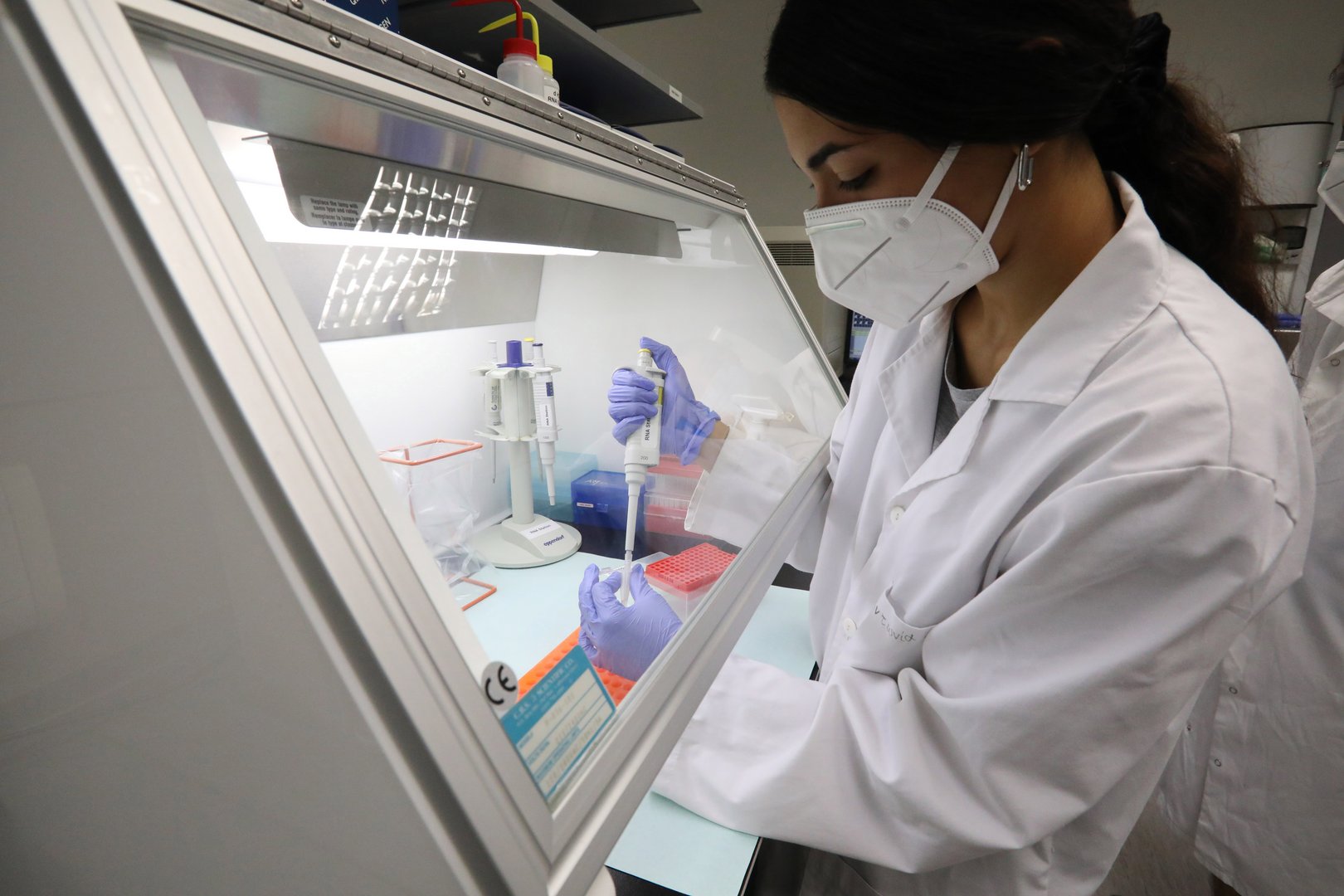The epidemiological picture in Limassol remains alarming, the health ministry said on Monday following a meeting with the advisory committee on coronavirus and the contact tracing team.
One reason put forward is that people are not being honest about having been in contact with positive cases.
Health minister Constantinos Ioannou said that the contact tracing team had been tasked with launching an in-depth investigation in Limassol into those who have come into contact with positive cases, in order to identify the cause of the problem.
On Monday morning, presenting data recorded in the last 14 days, the team reported that the entire Limassol district is still in the red, adding that while cases in other districts seem more under control, they could very easily rise again.
The most recent national report showed that out of a total of 73 positive cases detected on Sunday, 43 were found in Limassol, with the district recording a positivity rate of 0.52 per cent. In Nicosia, 15 cases were detected (0.12 per cent), 11 in Larnaca (0.24 per cent), three in Paphos (0.12per cent) and one in the Famagusta district (0.07 per cent).
In addition, as of Friday the cumulative diagnosis rate per 100,000 population of the last 14 days was around 335 in Limassol, while in the other districts it was below 150.
The contact tracing team reported that a large proportion of cases were recently recorded at workplaces in all districts, in the pharmaceutical, retail and food manufacture and distribution sectors, signifying that health protocols are not being followed properly, the ministry said in an announcement following the meeting.
As a result, the public health service will be increasing spot checks in specific sectors so that they can intervene on time if they notice guidelines are not faithfully followed.
The ministry has also instructed that all employees are tested if a string of positive cases is detected in a single workplace.
Despite higher numbers, it is not likely that the advisory committee on coronavirus will be imposing stricter measures in Limassol, advisory committee member Petros Karayiannis told the Cyprus Mail.
The professor of microbiology and molecular virology at the University of Nicosia Medical School also said that at the moment contact tracing is very important in mapping out how infections move across the population.
At the same time, Karayiannis added that the problem might lie in inaccurate data submitted by the public, something confirmed by the team’s findings.
The contract tracing team identified that among those who test positive, some do not provide a full contacts list, others refuse to disclose their workplace and some even declare themselves unemployed. At the same time, businesses seem to be submitting incomplete data.
The health ministry pointed out that not registering contacts accurately renders contact tracing useless as it impedes its purpose, which is to identify and limit transmissions.
Reporting inaccurate or incomplete data regarding contacts and workplaces carries the risk of new outbreaks and the eventual worsening of the general epidemiological picture.
According to standard procedure, close contacts of a positive case are referred for a PCR test, which they are not exempt from even if they test negative in a rapid test.
Finally, it was reported that there is a marked increase in positive cases among the elderly, attributed to transmissions from family members or caretakers.
For this reason, the ministry stressed that those responsible for caring for the elderly must take a weekly rapid test to minimise the risk of infecting older and more vulnerable members of the population.
A rise in cases is expected in the following days as a result of the recent relaxations, Ioannou said in a Twitter post.
The minister urged the public to stick to the measures and get tested regularly so that numbers stay under control, allowing for even more relaxations.
“Even though the improved epidemiological picture is encouraging, it is still fragile,” he said.







Click here to change your cookie preferences